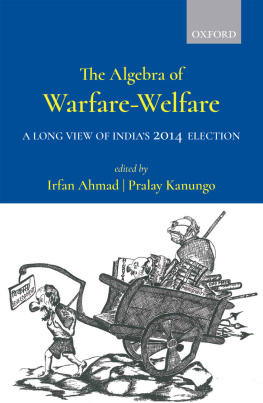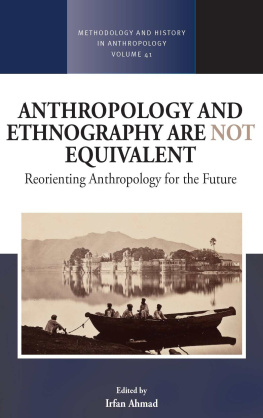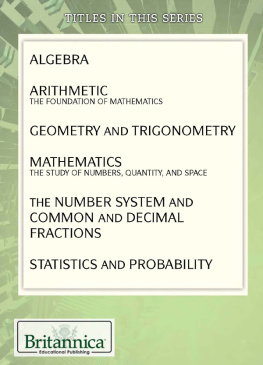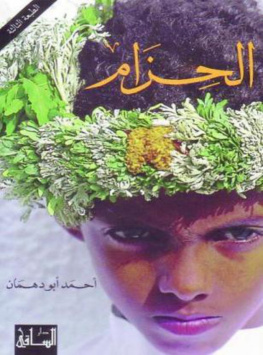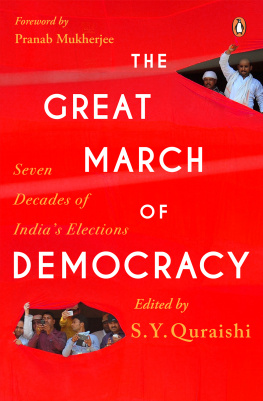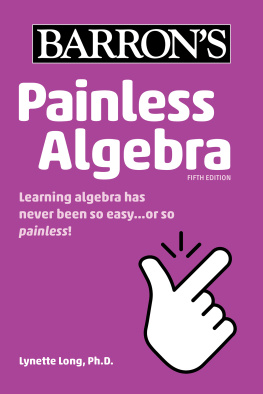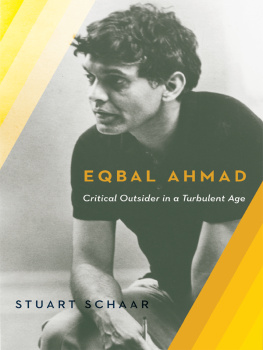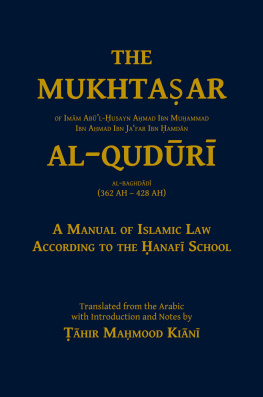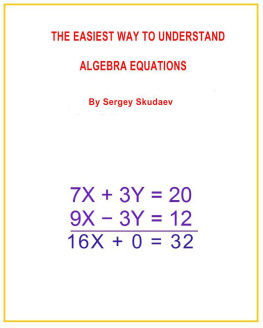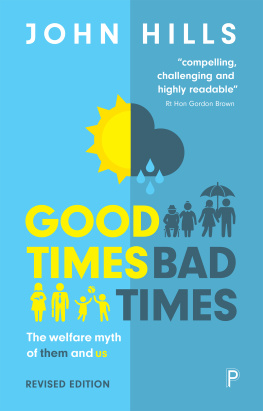Irfan Ahmad - The Algebra of Warfare-Welfare: A Long View of Indias 2014 Election
Here you can read online Irfan Ahmad - The Algebra of Warfare-Welfare: A Long View of Indias 2014 Election full text of the book (entire story) in english for free. Download pdf and epub, get meaning, cover and reviews about this ebook. year: 2018, publisher: OUP India, genre: Politics. Description of the work, (preface) as well as reviews are available. Best literature library LitArk.com created for fans of good reading and offers a wide selection of genres:
Romance novel
Science fiction
Adventure
Detective
Science
History
Home and family
Prose
Art
Politics
Computer
Non-fiction
Religion
Business
Children
Humor
Choose a favorite category and find really read worthwhile books. Enjoy immersion in the world of imagination, feel the emotions of the characters or learn something new for yourself, make an fascinating discovery.
- Book:The Algebra of Warfare-Welfare: A Long View of Indias 2014 Election
- Author:
- Publisher:OUP India
- Genre:
- Year:2018
- Rating:4 / 5
- Favourites:Add to favourites
- Your mark:
- 80
- 1
- 2
- 3
- 4
- 5
The Algebra of Warfare-Welfare: A Long View of Indias 2014 Election: summary, description and annotation
We offer to read an annotation, description, summary or preface (depends on what the author of the book "The Algebra of Warfare-Welfare: A Long View of Indias 2014 Election" wrote himself). If you haven't found the necessary information about the book — write in the comments, we will try to find it.
Irfan Ahmad: author's other books
Who wrote The Algebra of Warfare-Welfare: A Long View of Indias 2014 Election? Find out the surname, the name of the author of the book and a list of all author's works by series.
The Algebra of Warfare-Welfare: A Long View of Indias 2014 Election — read online for free the complete book (whole text) full work
Below is the text of the book, divided by pages. System saving the place of the last page read, allows you to conveniently read the book "The Algebra of Warfare-Welfare: A Long View of Indias 2014 Election" online for free, without having to search again every time where you left off. Put a bookmark, and you can go to the page where you finished reading at any time.
Font size:
Interval:
Bookmark:
The Algebra of Warfare-Welfare
The Algebra of Warfare-Welfare
A Long View of Indias 2014 Election
Edited by
Irfan Ahmad and Pralay Kanungo


Oxford University Press is a department of the University of Oxford.
It furthers the Universitys objective of excellence in research, scholarship,
and education by publishing worldwide. Oxford is a registered trademark of
Oxford University Press in the UK and in certain other countries.
Published in India by
Oxford University Press
2/11 Ground Floor, Ansari Road, Daryaganj, New Delhi 110002, India
Oxford University Press 2019
The moral rights of the authors have been asserted.
First Edition published in 2019
All rights reserved. No part of this publication may be reproduced, stored in
a retrieval system, or transmitted, in any form or by any means, without the
prior permission in writing of Oxford University Press, or as expressly permitted
by law, by licence, or under terms agreed with the appropriate reprographics
rights organization. Enquiries concerning reproduction outside the scope of the
above should be sent to the Rights Department, Oxford University Press, at the
address above.
You must not circulate this work in any other form
and you must impose this same condition on any acquirer.
ISBN-13 (print edition): 978-0-19-948962-6
ISBN-10 (print edition): 0-19-948962-9
ISBN-13 (eBook): 978-0-19-909753-1
ISBN-10 (eBook): 0-19-909753-4
Typeset in Berling LT Std 9.5/13
by Tranistics Data Technologies, New Delhi 110 044
Printed in India by Nutech Print Services India
To
Democracy to come,
and
all honest democrats worldwide who cannot even think of
contesting elections, let alone win them!
CONTENTS
Irfan Ahmad
Irfan Ahmad
Manisha Sethi
Pralay Kanungo
Zoya Hasan
Hilal Ahmed
Bikramaditya Kumar Choudhary
R. Thirunavukkarasu
Mohammad Reyaz
Sudhir Pattnaik
Patrick French
Irfan Ahmad
R. Thirunavukkarasu
Figures
Tables
Writing about the 2014 Indian elections, anthropologist
The elimination of the massacre in Banerjees account is not only an empirical omission. This narrative eliminationas constitutive of democracy in India (think also of other massacres, not only those in Gujarat in 2002 or Muzaffarnagar in 2013)and the simultaneous use of superlative adjectives that inundate her account, I argue, stem from captivity to a theoretical vocabulary whereby accounts of democracy secure an auto-immunity for themselves by disguising, to cite ).
Panegyric accounts such as Banerjees thus figuratively (re)produce a series of aporias about democracy predicated on a set of impossible concepts: people, border, law, life, liberty, decision, foundation, sovereignty ( terse words.
Superlatives such as Banerjees are also at work in the characterizationby journalists and academics alikeof the result of the 2014 elections. If ). Notably, Braudels longue dure was also conceptual. It meant a structural relationship with enduring, distinct features. As is well known, Braudel did not give much weight to the political in its own right. But if we take it more seriously, longue dure will be considerably justified here for we also refer to a certain structure of politics instituted in the early twentieth century and its continuation into our very present. Readers who may still find longue dure unpleasant and less convincing, to them we instead make a modest offer: a long viewa non-technical but comprehensive phrase suggested by Peter van der Veer. Thank you, Peter!
When and if analysed in the proposed long-term framework, the 2014 elections results were less than the most dramatic. They were instead an outcome of a long process set in motionsynthetically, albeit differentlyby the secular Indian National Congress and communal Bharatiya Janata Party (BJP) or its ancestors, Jan Sangh and Hindu Mahasabha. Going past Friedrich Engels observation that the names of political parties are never entirely right (cited in ). One may, therefore, justifiably ask: what is socialist about the Samajwadi Party (socialist party)? Likewise, does the word socialist in the Preamble of the Indian Constitution have any signification beyond its decorative presence?
This book examines the 2014 elections beyond the aforementioned twin types of superlatives that pervade the understandings of electoral democracyacademic as well as popular. Unlike most books belonging to the genre of election studies with gigantic numbers and cold statistics ()compiled along the variables of constituency, partys name, caste, region, gender, age, rural versus urban, and so onthis volume approaches election and democracy substantively. We use substantively to mean foregrounding of subjectivity liberated from the mere act and decision of voting and instead analyse elections as sociologicalanthropological processes (which are no less political) with institutional anchoring rather than bare political events within a span of some weeks or months. Put differently, this volume makes liveshuman and non-human, lived and unlived or unliveablecentral to any understanding of elections and democracy. In our view, probably this is at once the most parsimonious and most expansive way to articulate an anthropologicalsociological approach to election and democracy.
The reigning assumption that data about Indian elections and politicswhich have witnessed a dramatic increase since the early 1990s (), mere data may disfigure that under to present themselves as if they were objective truth defying their moment and motive of conceptualization, collection, and circulation.
To recapitulate, the distinction of this volume is threefold. First, rather than focussing squarely on the empirical acts of voting and ), but against a tendency that elevates data to the status of analytical destination, thereby sacrificing pursuit of a coherent understanding. Third, and following from the second, the sensibility and thrust of the volume are largely anthropologicalsociological (broadly conceived) even as all contributors are not trained as anthropologists or sociologists. After all, the sensibility of everyone with a degree in anthropology or sociology is not necessarily and always anthropologicalsociological!
We hope that readersacademics across social sciences and humanities as well as the interested public at large from many walks of lifewill find this intervention meaningful and useful to inaugurate a truly democratic conversation about democracy and its sine qua non, elections.
References
Ahmad, Irfan. 2017. Religion as Critique: Islamic Critical Thinking from Mecca to the Marketplace. Chapel Hill: University of North Carolina Press.
Ahmad, Irfan and Zakaria Siddiqui. 2017. Democracy in Jail: Over-representation of Minorities in Indian Prisons. Economic and Political Weekly, 52(44): 98106.
Alam, Javeed. 2012. Who Wants Democracy?, 2nd edition. New Delhi: Orient Blackswan.
BBC. 2014. India Election 2014: Assam Muslims Attacked for Who They Voted For, 7 May. Available at http://www.bbc.com/news/av/world-asia-india-27305178/india-election-2014-assam-muslims-attacked-for-who-they-voted-for, last accessed on 21 December 2017.
Banerjee, Mukulika. 2016. Elections in India are a Loud, Rambunctious, Great Equalizer in Public Life.
Next pageFont size:
Interval:
Bookmark:
Similar books «The Algebra of Warfare-Welfare: A Long View of Indias 2014 Election»
Look at similar books to The Algebra of Warfare-Welfare: A Long View of Indias 2014 Election. We have selected literature similar in name and meaning in the hope of providing readers with more options to find new, interesting, not yet read works.
Discussion, reviews of the book The Algebra of Warfare-Welfare: A Long View of Indias 2014 Election and just readers' own opinions. Leave your comments, write what you think about the work, its meaning or the main characters. Specify what exactly you liked and what you didn't like, and why you think so.

